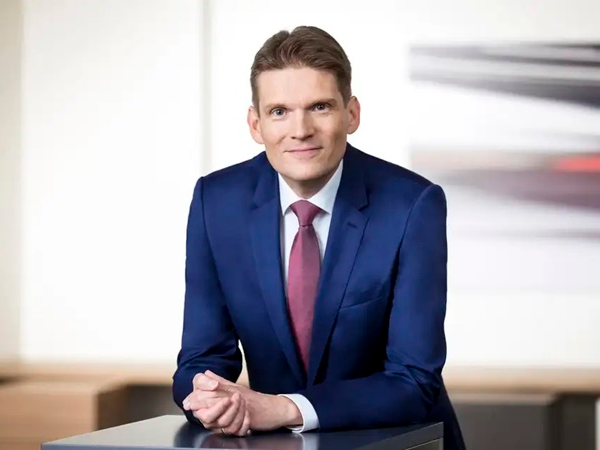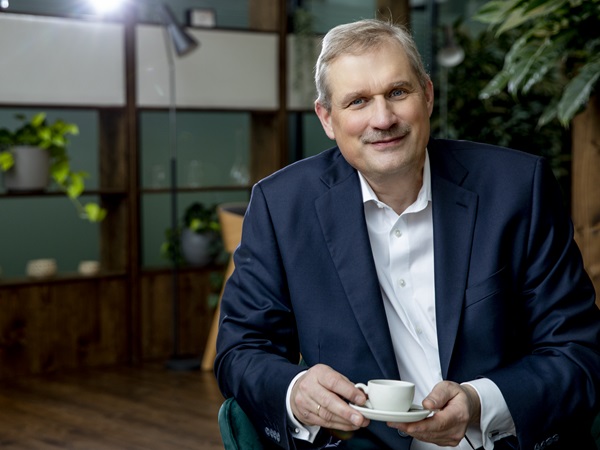Date: 18 November 2002
We are maintaining our course even in these difficult times, asserted Chairman of the Board of Management Dr. Leopold von Heimendahl during a press conference in Mainz at which the groups provisional business figures were presented. He identified the groups broad product portfolio, strict awareness of costs and consistent expansion of future businesses as the basis for its success.
In the current fiscal year Schott intends to invest around 250 million euros in strengthening existing businesses and building up new activities. The main emphasis in building up future businesses is on photovoltaics, top-of-the-range thin glasses for TFT displays and microlithography.
In the 2000/2001 fiscal year progress was variable in Schotts main markets. While the telecommunications and semiconductor market practically collapsed, the markets for household appliances and pharmaceutical packaging were in very solid shape. This variable pattern could be seen across the groups five Strategic Business Units.
Advanced Optical Materials and Components suffered severely overall from the weak state of the economy. Growth continued for some high-tech optical materials and components for chip manufacture, although at a reduced rate.
Opto-Electronics, with its two large divisions Electronic Packaging and Fiber Optics was not able to continue the good progress made in previous years. Only business in glass-to-metal connections for airbag igniters and lighting components for automobiles progressed satisfactorily.
Television glass, a core activity in Display Solutions, is marked by serious fluctuations in demand. The trend towards large and flat screens continues.
"Ceran" glass-ceramic cooktops again proved to be growth products in the Home Tech strategic business unit. Sales development was particularly positive in the United States and Japan. Schott was able to maintain its globally good position in processed flat glass products for home appliances.
Pharmaceutical Systems profited from stable demand for pharmaceutical packaging. Demand for pharmaceutical tubing as a raw material was satisfactorily good, while business in special glass tubing for technical applications remained below the previous year's level.
Schott invested some 220 million euros in shaping its future. Significant financial resources equivalent to around 6% of sales were set aside for research and development.
The number of people employed worldwide remains constant at 19,800. In Germany Schott employs 9,800 people (no change).
The current fiscal year continues to be influenced by a weak world economy. In addition, said von Heimendahl, the expected increase in taxes and duties for the German companies would lead to a weakening of the position of the facilities in Germany in international competition. Considerable effort would be required in these difficult times for the group to achieve the success it had enjoyed in the past.
Schotts commitment to several high-tech businesses continues. These include photovoltaics where the recently created joint venture RWE SCHOTT Solar already occupies the leading position in Germany. With the construction of the largest and most up-to-date float plant for top-of-the-range thin glasses Schott is entering the growth market for TFT glass for screens for notebooks and flat TV sets. Other products in the spotlight include optical materials for the semiconductor industry. Here Schott occupies the pole position worldwide with calcium fluoride crystals in these key components for chip manufacture. High-grade plastics, for example for pharmaceutical packaging, are also becoming increasingly important.
Taking into consideration the opportunities and risks involved Schott is looking forward to a slight increase in sales in the 2002/2003 fiscal year.







Add new comment